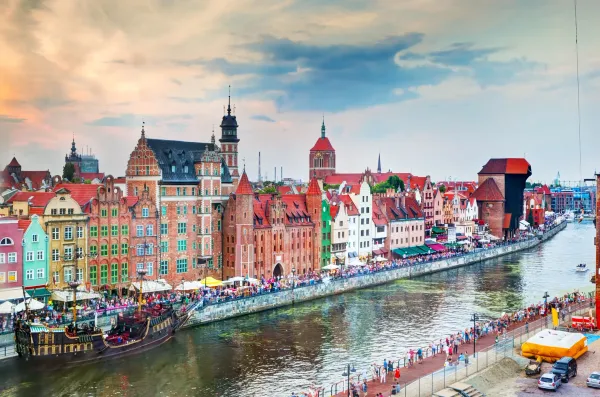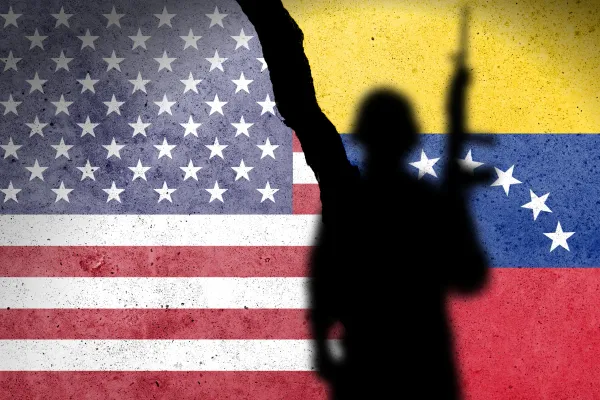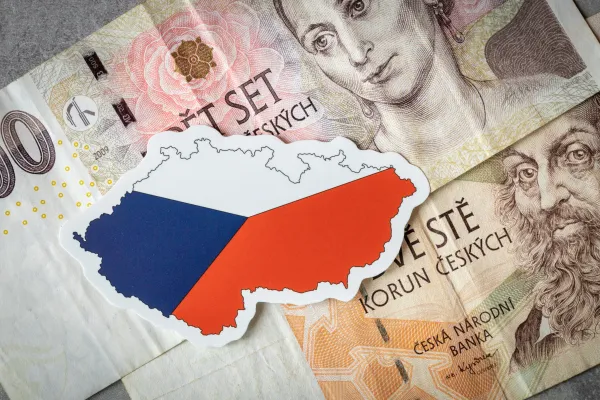
Last chance for Hungary on EU funding
Hungary could lose billions of euros from its Recovery and Resilience Facility (RRF) funding entitlement after the European Commission (EC) decided that it is unsatisfied with its rule of law reforms and corruption levels on Wednesday, 23 November.
Hungary is officially entitled to EUR 5.8bn of RRF funds as well as EUR 7.5bn of regular EU development funds, which the EU has suspended over concerns that Hungarian Prime Minister Viktor Orban has dismantled democratic checks and balances in the country.
The EC underlined that it will not disburse payment of the EUR 7.5bn of regular EU development funds until Hungary carries out 17 rule of law reforms.
On Wednesday the EC also defined 27 “super milestones” for Hungary to receive its EUR 5.8bn of RRF funds. These include the 17 commitments agreed in earlier talks regarding the EUR 7.5bn.
The EC expressed dissatisfaction with Hungary’s new “integrity authority”, questioning its independence, as well as its review procedure for prosecution verdicts and asset declaration rules.
The EC has in effect authorised Hungary’s spending plan but not the payments, leaving the Council of the EU (i.e. the 27 member states) to make the final decision by 19 December.
Senior Hungarian government officials confirmed on Thursday that the payment of EUR 7.5bn payment could be suspended until the second quarter of 2023.
Prime Minister’s Office leader Gergely Gulyas and Regional Development Minister Tibor Navracsics told journalists that the EC concluded that the government has not done enough on the rule of law, transparency, and judicial independence.
The Hungarian officials said the government is confident that agreement will be reached by the end of the year. If the planning document on the RRF funding were not signed by then, Hungary would lose out on 70%, or just over EUR 4bn, of the RRF funds.





